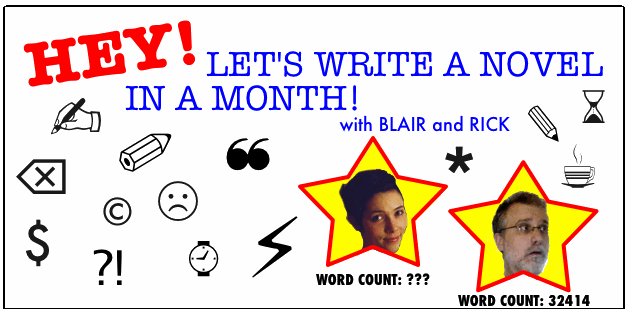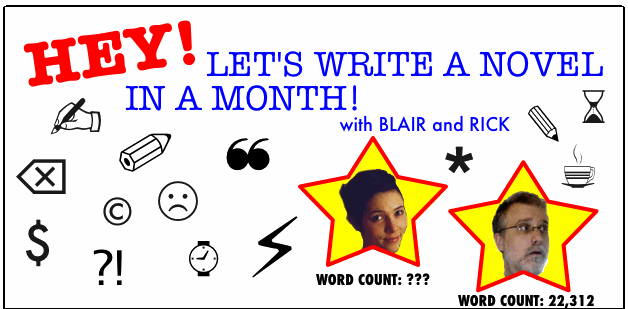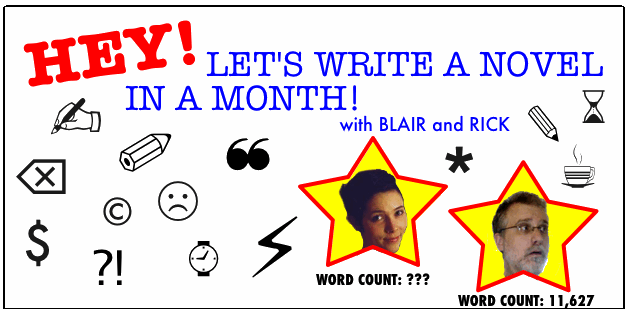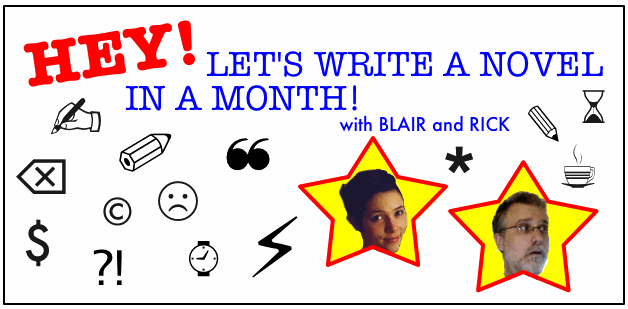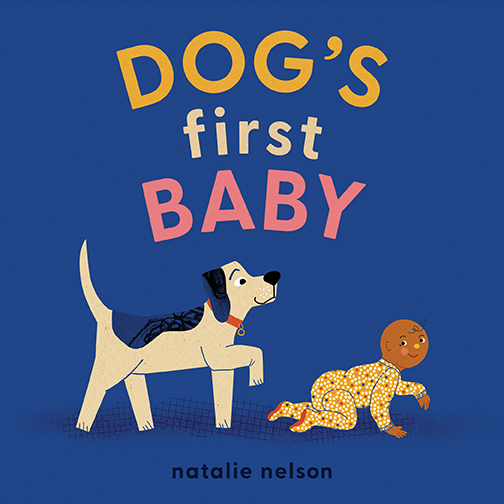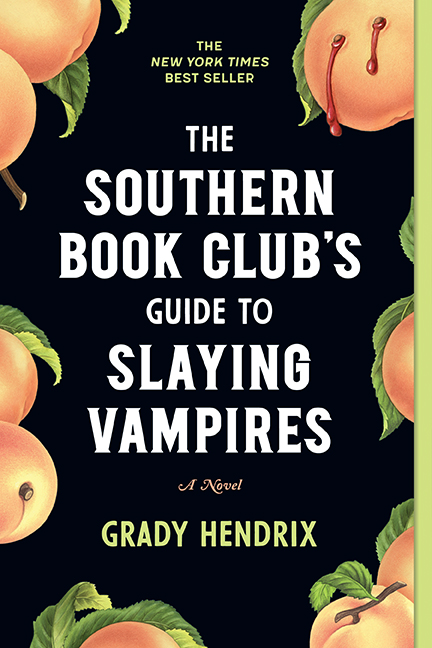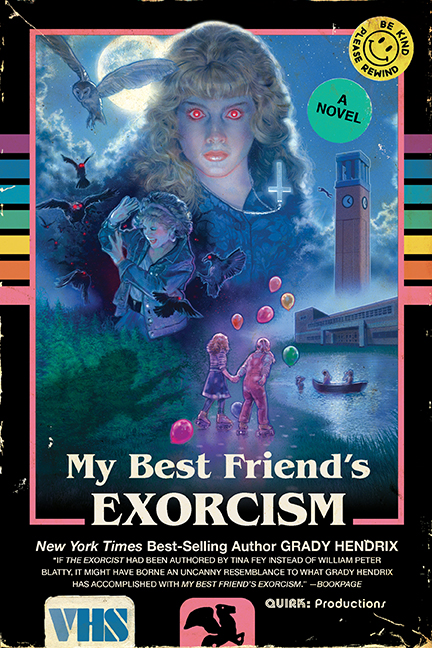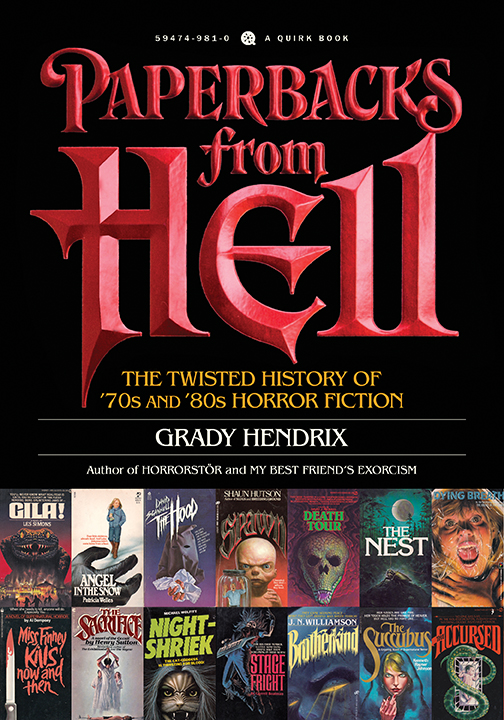Our Blog
Dispatch from Camp NaNoWriMo: The Best Editing Books for Fiction Writers
(Image via flickr)
If Camp NaNoWriMo were an actual camp, this would be the week of Color Wars, final bonfires, and tearful goodbyes. We’d all be wrapping friendship bracelets around each others’ wrists and promising to keep in touch during the school year. But as bittersweet as the end of the session may be, Camp NaNo has a considerable perk that normal camps don’t: a manuscript draft!
Yes, your wonky little Word doc now qualifies as a manuscript draft! It’s a momentous occasion that many would-be writers never reach, and one that deserves a little end-o-camp Jamboree. But when the embers have died down (and you’ve taken a good long break to give yourself some fresh perspective) your next quest, should you choose to accept it, is revising. A first draft is wonderful and pure and (if my experience holds) kind of a mess. It needs some TLC before it can become a book.
There’s no Camp Revision-a-wassa to see you through the process, but there are great books to help you shape your manuscript into a story that’s worth a whole arm’s worth of friendship bracelets (yes, even the cool kind with beads and feathers woven in). Here are my favorite picks—read them, let the ideas stew for a few weeks, and then plunge back in to your book.
Posted by Blair Thornburgh
Six Ridic Words You Totes Didn’t Know Were Abbreves
(Image via Flickr)
There’s a plague decimating the English language…or syllables of it, anyway. Perfectly good words are getting lopped off at the knees to make those cute-n-compact truncations known as abbreves (i.e., abbreviations, though I’m sure you could have figured that out). Yet for every person who finds them totes adorbs, there is obvi another person who thinks they sound less than profesh.
And while you might think that you’re one of those people fighting the good fight, sounding out every last syllable of gorgeous and family, word shortening takes no vacays. In fact, you probs have used one today without even realizing it. Here are six words that were abbreves before abbreving was cool. Go fig.
Posted by Blair Thornburgh
Let’s write a novel in a month: Part 3—How to Cheat
I am trying to write a 50,000-word novel by the end of the month. So are a few thousand other people in the Camp NaNoWriMo program. Why? The reasons vary. I suspect brain damage to be very high on the list.
And yet, I find myself hating the experience only about 75% as much as I thought I would. In fact, so far I’ve found it to be quite enlightening. Because the pressure to vomit out a thousand words or so every day has driven me to develop a number of, well, let’s call them “techniques” that help keep the ol’ word count ticking upwards. These are just variations on time-honored methods that great authors have used throughout history, but not everybody knows about them (I didn’t). So I thought I’d share them here, in the hopes that they’ll help you add bulk to your next big writing project, whatever it might be.
Posted by Rick Chillot
Let’s write a novel in a month: Part 2—How to Write a Novel In A Month
Okay, quick recap: Last week Blair manipulated me into trying to write a 50,000 word novel in one month following the Camp NaNoWriMo protocol, and then she promptly went on a two-week vacation.
Now that one week has passed, I’m glad to say that my word count is on track, I have spilled very little blood, and I’m only crying very late at night when no one can see or hear me. I’ve also learned a few things that I hope will help me on this and future writing projects, and maybe they’ll help you too, so here they are:
1: Quit wasting time on stuff that you can figure out later. For example, I have always hated coming up with character names. I just don’t have a knack for it. Some of the names I rejected for my story include: Endicott Ramblesby. Pete Bott. Martha Refrigeratorface. Parker Halmurmisson. I just can’t do it. But with the time limit imposed by this project, I decided not to expend precious temporal units on inventing names, I just did my best and moved on. It was quite liberating.
2: Get organized. Reading the NaNoWriMo message boards and corresponding with other, uh, NaNoWriMoers, I’ve been amazed at how much prep work some writers do before they actually begin writing their manuscripts. Lots of people create note cards with character info on them. Some do the same with plot points so they can shuffle things around and try different combinations. Plenty of writers invest a significant chunk of time compiling research so it will be on hand and easy to access when they’re writing. There are software packages like Scrivner that can help you do all this digitally. As we discussed last week, I personally am not prone to a whole lot of this type of frontloading. But I am starting to rethink that. I do know that if I hadn’t hammered out an outline before starting this venture, I’d be lost by now.
Posted by Rick Chillot
Let’s Write a Novel in a Month: Part I
RC: Hi everybody, Rick Chillot here. You know what I like? Free time, sanity, a pain-free spine, a good night's sleep, what's left of my hairline…the list goes on and on. So when I came across the one-month-novel-writing event Camp NaNoWriMo, from the people behind National Novel Writing Month, my horror could not have been greater. And yet, I kept thinking about it. Is it truly possible to write a 50,000 word novel in one month? What would that experience be like? Would I absolutely hate it, or just moderately hate it? In the end, it seemed the only way to punish myself for even considering this was to sign up and try it, with the hope that the emotional scars would prevent me from making similar decisions in the future.
Posted by Rick Chillot
